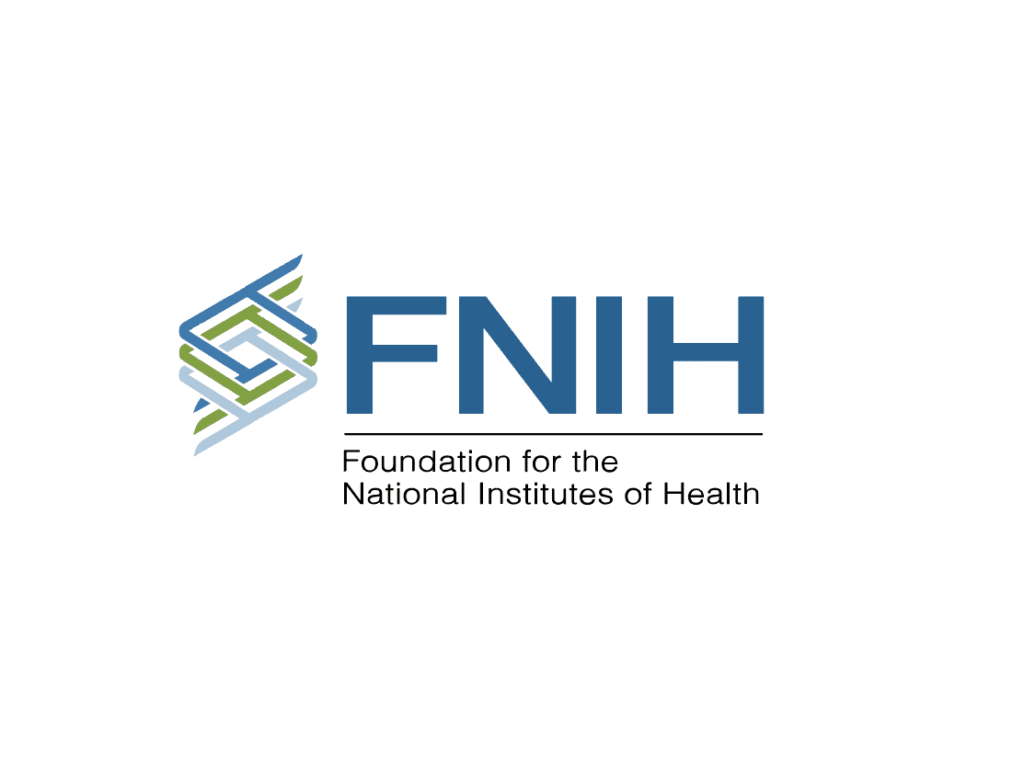

Guest Blog: Food Allergies in the Classroom: Ways Parents and Schools Can Prevent Allergic Reactions and Support Learning
By Tanya Bumgardner, Content Manager and Editor, Asthma and Allergy Foundation of America
Sending a child with a food allergy to school can be one of the most challenging aspects of parenthood. Teachers and school staff must also balance education while trying to manage food allergies in the classroom. But a solid relationship between parents and school staff can benefit parents, students, and the school staff.
At the Asthma and Allergy Foundation of America (AAFA) and our division, Kids with Food Allergies (KFA), we strive to support caregivers, students, and school staff as they work to prevent allergic reactions and focus on learning.
One of the best ways to help prevent allergic reactions in the classroom is by fostering a partnership between school staff, the child’s caregivers, and the student, especially as they grow up and learn to self-manage their food allergy. Parents and school staff have the same goal: for each child to have a quality education in a safe environment. A partnership and positive approach between the school and parent are vital to successfully managing food allergies.
Here are ways parents and caregivers of children with food allergies can work with teachers, school nurses, and dietary staff to set themselves up for school success.
Plan ahead. The beginning of the school year is busy for everyone involved. It’s important for school staff to be prepared to manage food allergies in the classroom on the first day. Before a new school year, parents should:
- Talk with the school to start the process to create or update their child’s school health care plan
- Get copies of the school forms they will need to have filled out and turn them in before the first day of school
- Meet with their child’s doctor to have school forms signed and prescriptions refilled
- Meet with school staff who will be with the child during the school day
If school has already started, parents can still follow the steps above. Make plans to meet with school staff as soon as possible.
Create a school health care plan. Having written information about a student’s food allergy will reduce confusion about how the food allergy and allergic reactions should be handled. A school health care plan – such as an individual health care plan or a Section 504 plan – lists the child’s allergies, common symptoms, medicines, and what to do if they have symptoms. It may also outline what school staff should do to prevent allergic reactions.
Learn about rights under state and federal laws. Under the Americans with Disabilities Act (ADA) and Section 504 of the Rehabilitation Act of 1973, a food allergy may be considered a disability depending on how severe it is. The Individuals with Disabilities Education Act (IDEA) and Section 504 ensure children with disabilities have access to “free appropriate public education.” These laws allow parents to work with the child’s school to get reasonable accommodations for their child.
Every state has laws that allow children to self-carry their own medicine. If the child will carry their own epinephrine, be sure to have paperwork on file at the school signed by the child’s doctor that says they can self-carry.
Teach age-appropriate skills to help the student self-manage their food allergy. As a child with a food allergy grows, it’s important they learn to manage their food allergy on their own. Parents can teach their children age-appropriate skills as they grow, with each skill leading toward independence as they reach their teen years. School staff should understand that an allergic reaction may be so severe that a child may not be able to self-inject, no matter their age or knowledge. Schools should train staff to recognize the symptoms of anaphylaxis (a severe allergic reaction) and how to administer epinephrine.
About AAFA
Founded in 1953, AAFA is the oldest and largest non-profit patient organization dedicated to saving lives and reducing the burden of disease for people with asthma, allergies, and related conditions through research, education, advocacy, and support. AAFA offers extensive support for individuals and families affected by asthma and allergic diseases, such as food allergies and atopic dermatitis (eczema). Through its online patient support communities, network of regional chapters, and collaborations with community-based groups, AAFA empowers patients and their families by providing practical, evidence-based information and community programs and services. AAFA is the only asthma and allergy patient advocacy group that is certified to meet the Standards of Excellence set by the National Health Council. For more information, visit: aafa.org and kidswithfoodallergies.org.
The Asthma and Allergy Foundation is a member of the National Health Council (NHC). For more information about NHC membership, click here.


